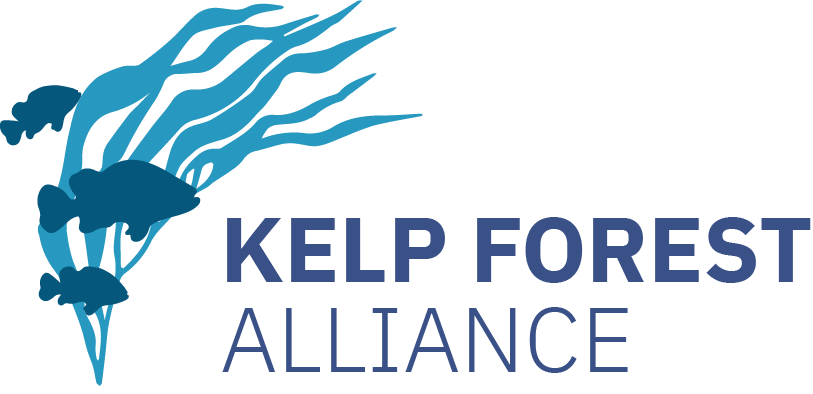Restoration Objective:
This study aimed to examine feedback mechanisms and alternate stable states in kelp ecosystems in Maine, USA. Specifically, it looked at the effect of urchin fisheries on levels of herbivory and kelp cover, and whether this shift constituted an alternate stable state.
Cause Of Decline:
While sea urchins consume kelp and can remove kelp from large areas, sea urchin fisheries can impact this process. This study suggests that the sea urchin fishery in Maine, USA provided a large scale removal of herbivores over a short period of time and changed ecosystem function fundamentally to an alternative stable state.
Key Reasons For Decline:
Predator Loss
Scientific Paper
Ecosystem Flips, Locks, and Feedbacks: the Lasting Effects of Fisheries on Maine's Kelp Forest Ecosystem
Bulletin of Marine Science, 1, Vol. 89, 2013, p.31.
https://doi.org/10.5343/bms.2011.1148


